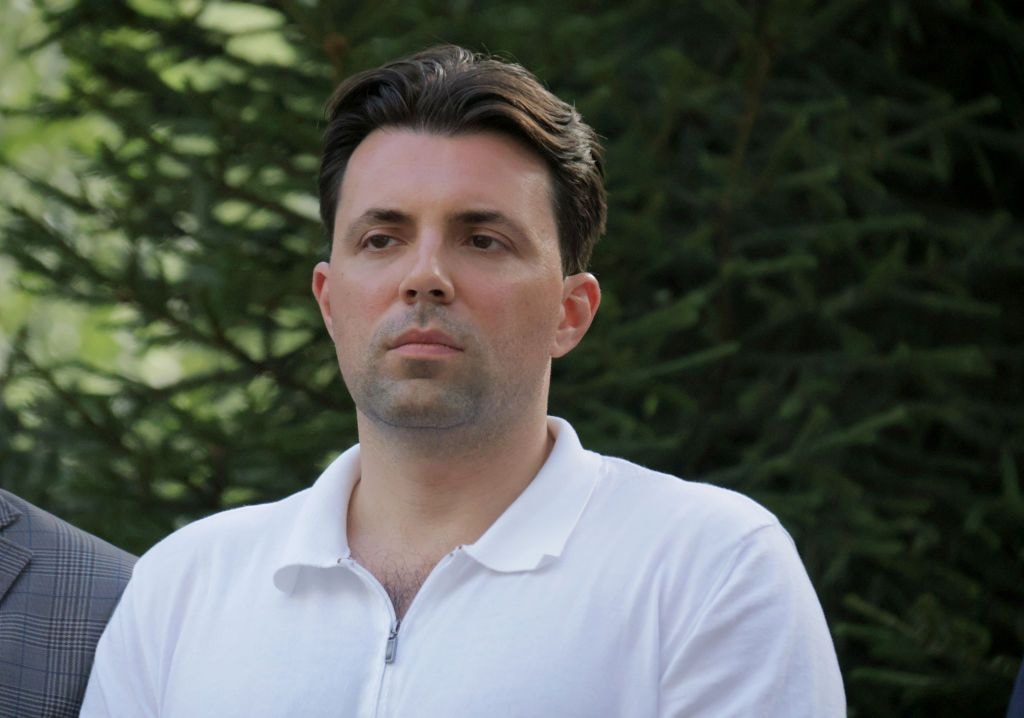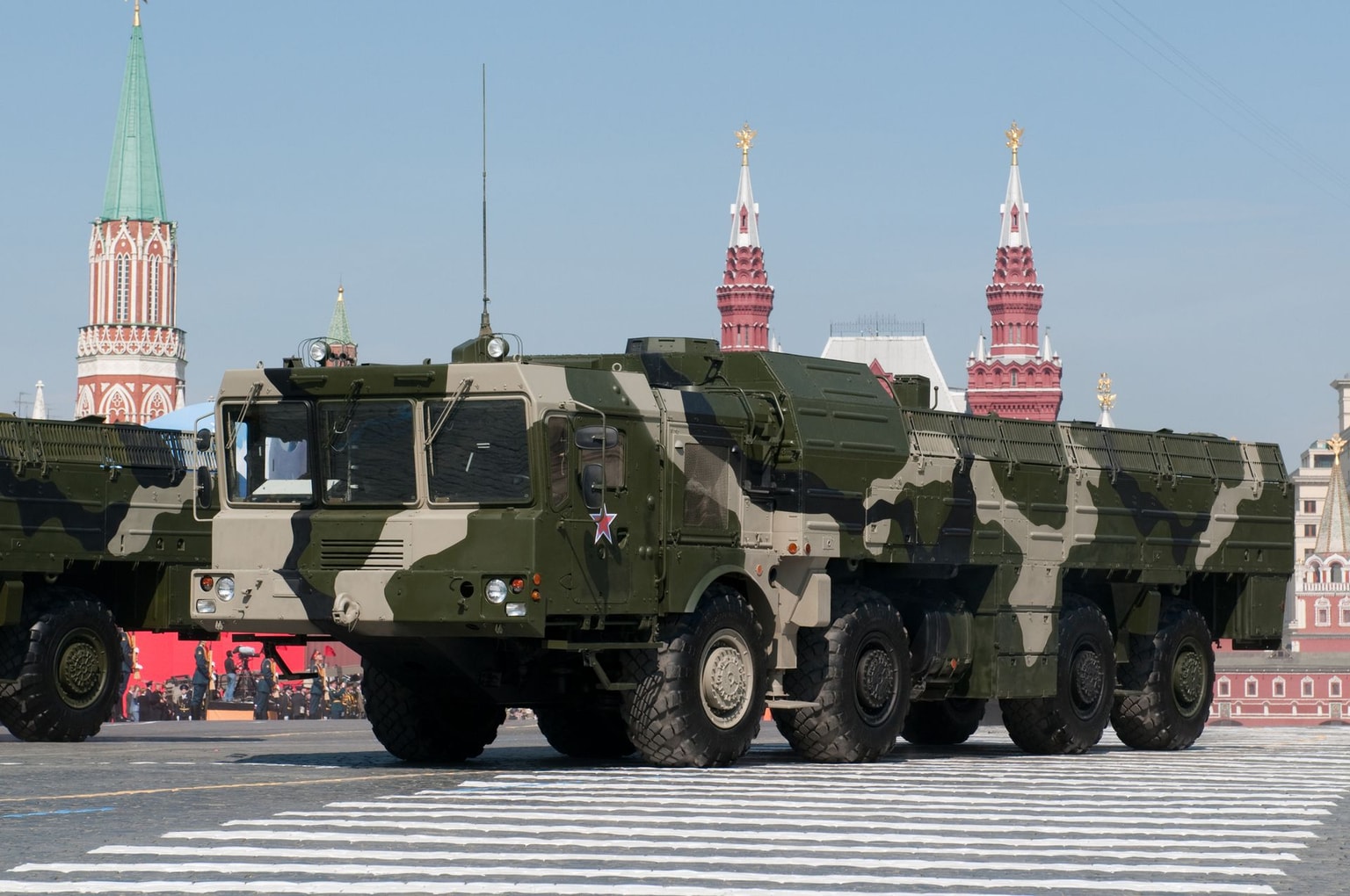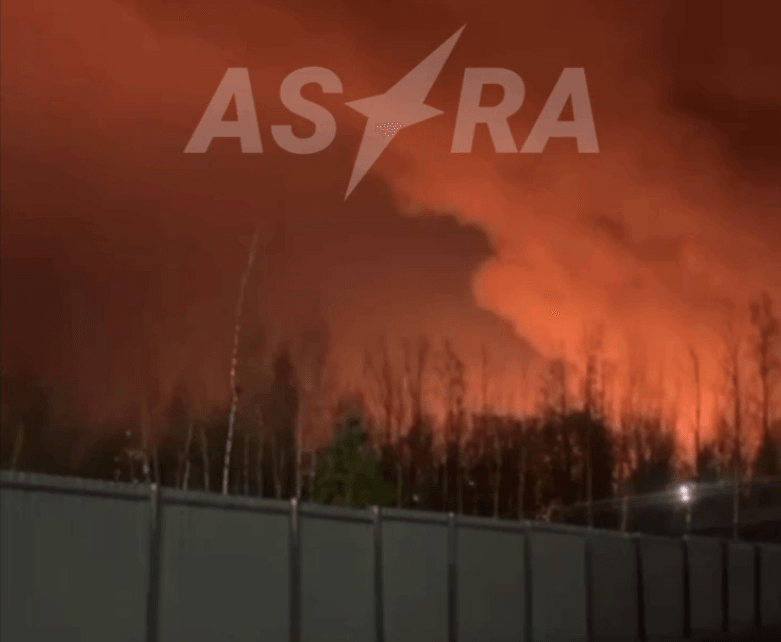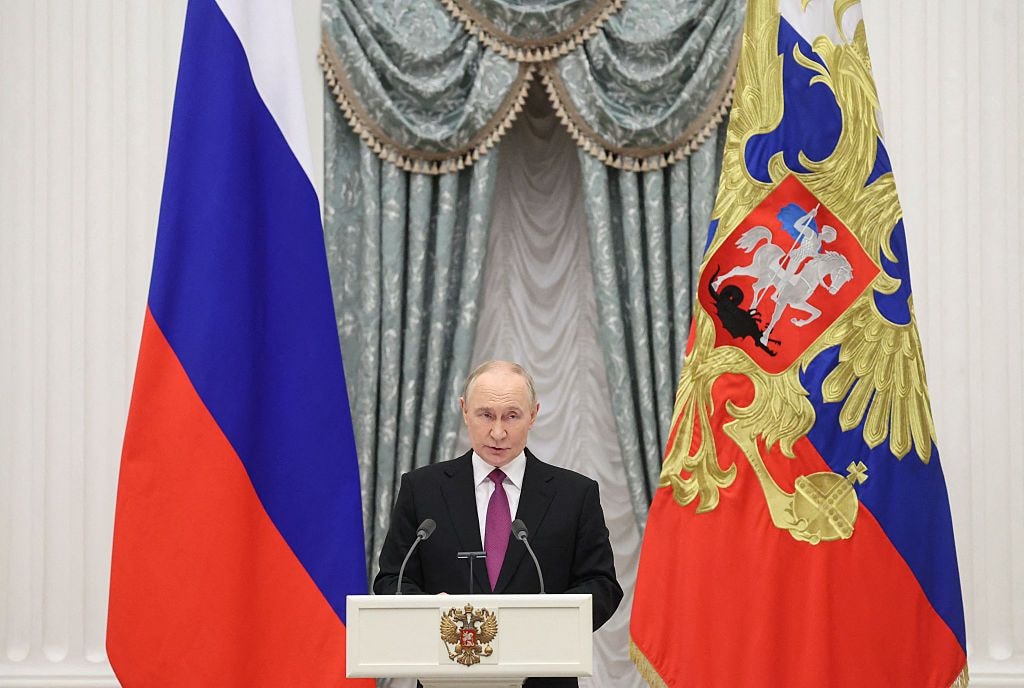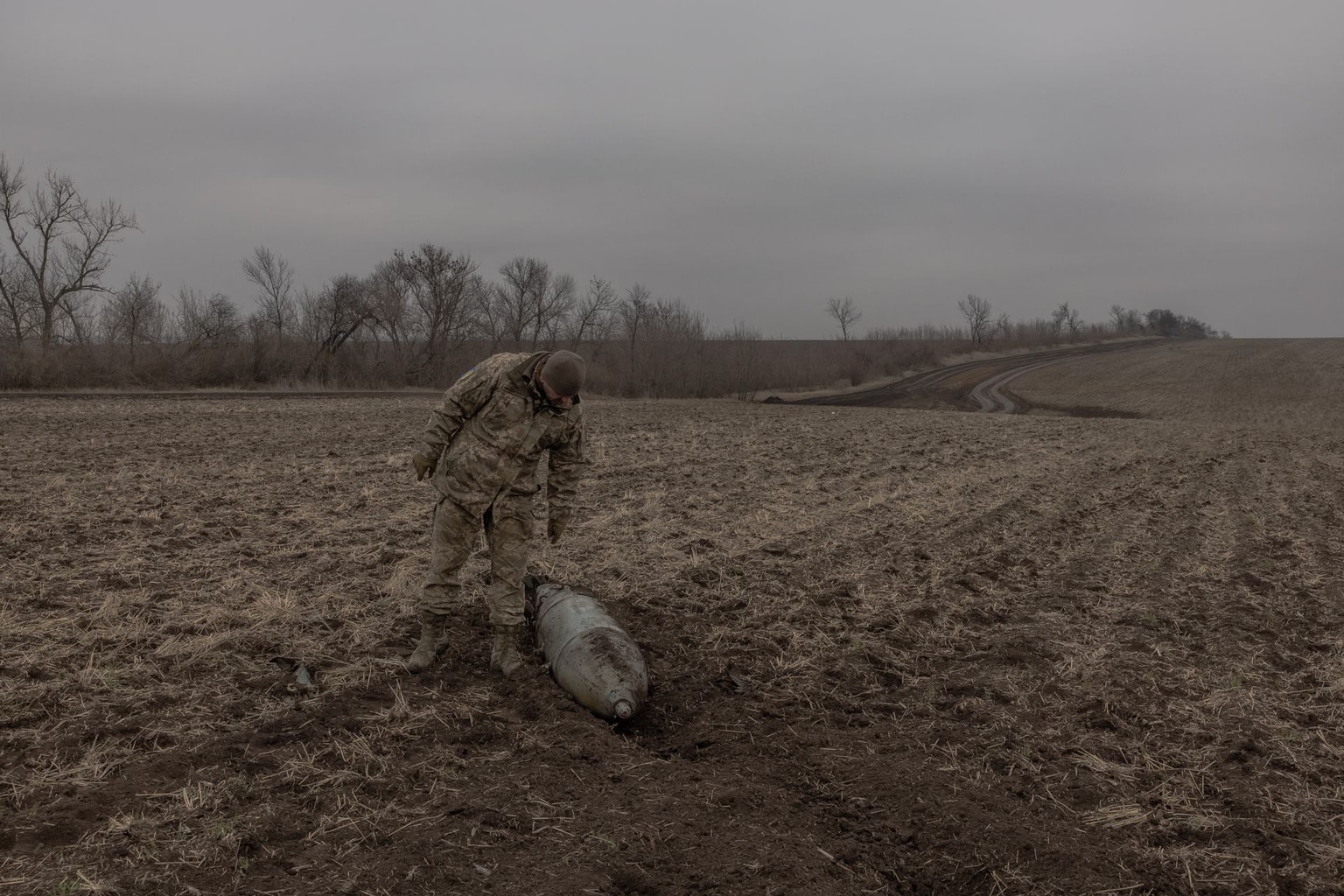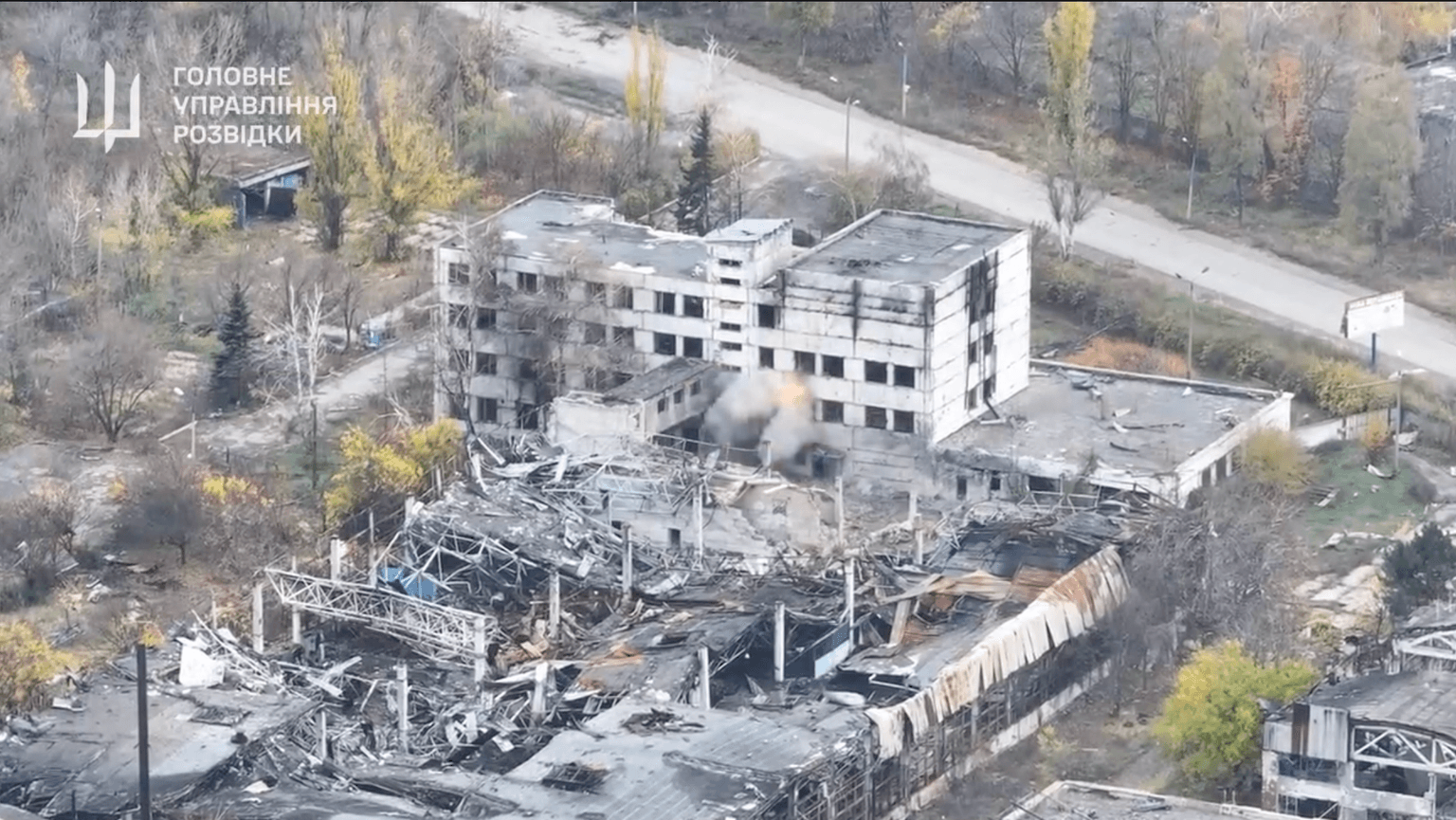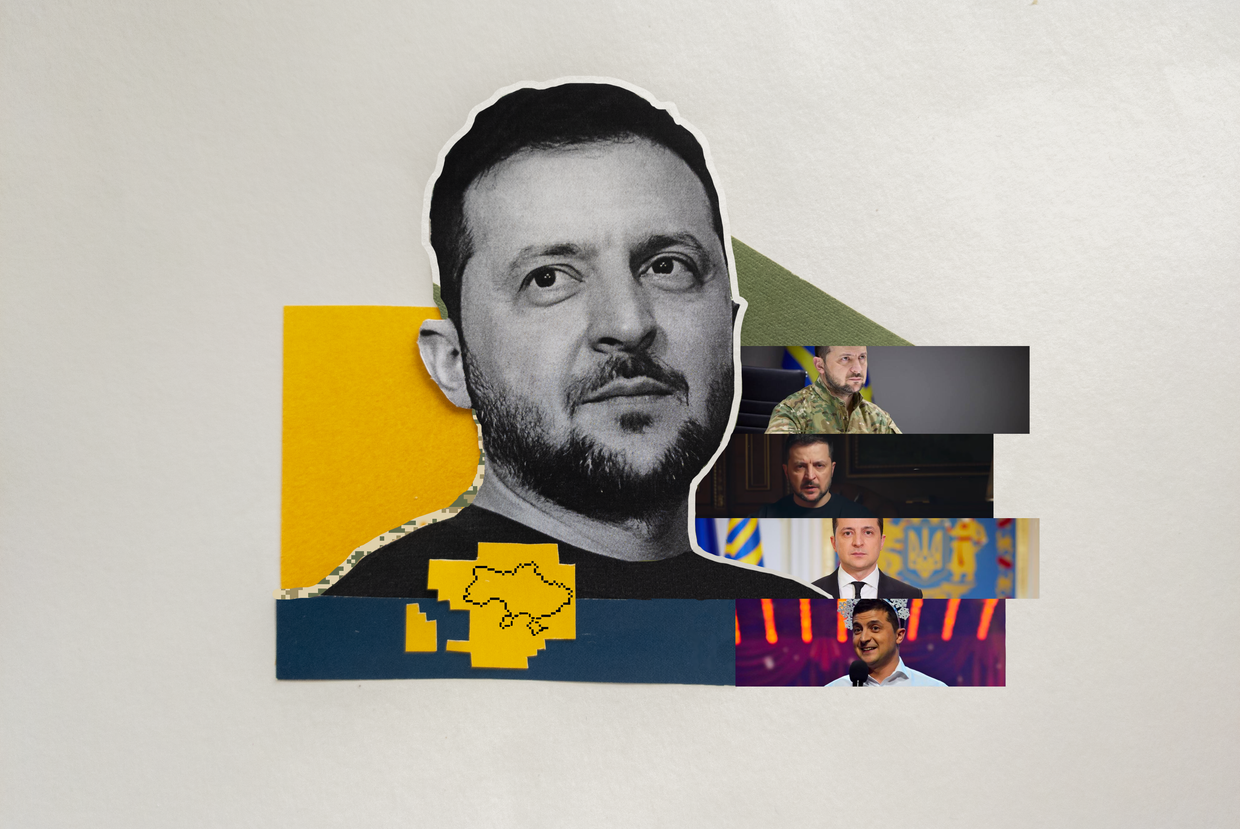
Ukraine news
News Feed
Ukraine reportedly strikes Russia's Volgograd oil refinery
Ukraine's military reportedly struck and damaged Russia's Volgograd oil refinery overnight on Nov. 6, Russian Telegram media channels reported.

'I'm not going to represent our country there' — Trump to skip G20 summit, dashing hopes of brokering meeting between Zelensky, Putin
Trump's comments come days after Finnish President Alexander Stubb suggested a possible meeting between the leaders of Ukraine, Russia, and the U.S. at the summit.

Belgium shuts down Brussels Airport due to suspicious drone sighting, suspect Russian involvement
It is the first time Brussels Airport has closed due to drone activity. More drones were also spotted near Belgium's Kleine Brogel Air Base, which houses F-16 fighter jets.
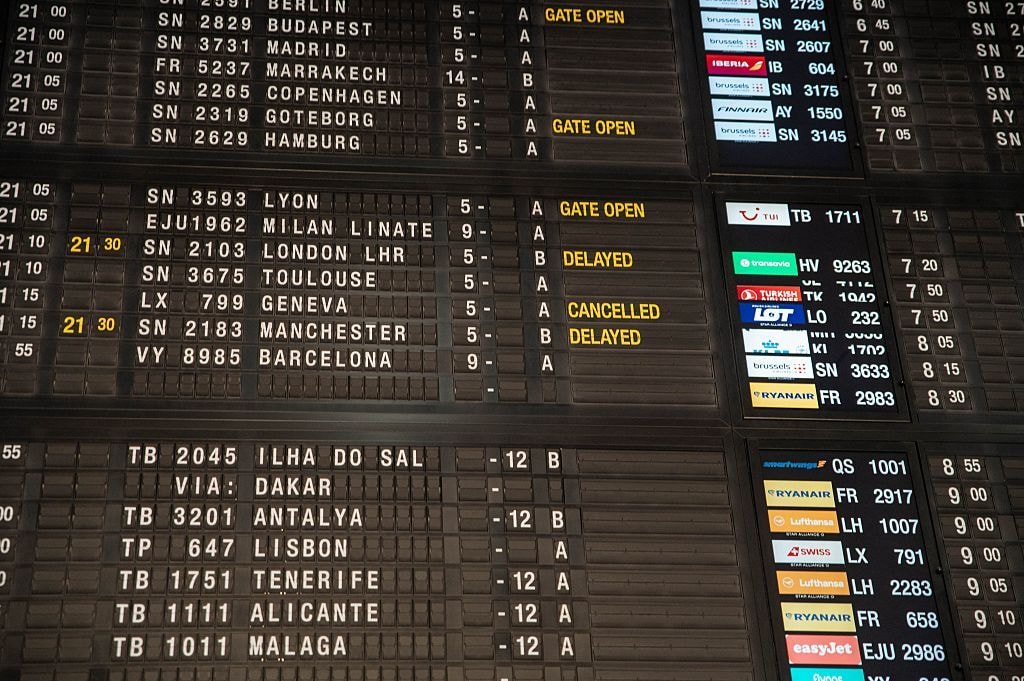
Angelina Jolie reportedly visits front-line regions in southern Ukraine
Photos circulating online show Jolie wearing a bullet-proof vest with a patch from the Legacy of War Foundation, a UK-registered non-profit tasked with aiding civilians during war. She reportedly visited local children while she traveled through the south.

Ukraine war latest: Ukrainian soldiers raise flag on Pokrovsk city council building, release video
Hello, this is Yuliia Taradiuk reporting from Kyiv on day 1,351 of Russia's full-scale invasion of Ukraine. Today's top story so far: Ukraine's 425th Separate Assault Regiment raised a Ukrainian flag over the city council building in Pokrovsk, the brigade said on Nov. 5. The brigade released a video detailing the operation, showing what it said were two Ukrainian assault groups advancing and entering Pokrovsk at night. The video shows a military vehicle being hit by a Russian drone during th
Under the hood, Russia’s 'Reaper' drone copy is shockingly American
The Orion was set to be Russia’s flagship unmanned vehicle until that position was usurped by Iranian-designed Shaheds.

About Ukraine
The Kyiv Independent delivers reliable news, context, and on-the-ground reporting from Ukraine. The largest country located entirely in Europe, Ukrainian territory covers 603,628 square kilometers (233,062 square miles), and is bordered by bordered by seven countries, namely Russia, Belarus, Poland, Slovakia, Hungary, Romania, and Moldova. Ukraine traces its history back to the medieval state of Kyivan Rus.
Most Popular
After the invasion of Ukraine, most Western and Asian car manufacturers quit Russia, selling assets to local companies for symbolic sums while securing repurchase options in case of future reentry.
Editors' Picks

These people just escaped Russian-occupied Ukraine — but some say they need to go back

Orban's unexpected headache — Trump's offensive against Russian energy

Analysis: 5 lessons on air defense and underground architecture from Kharkiv
